





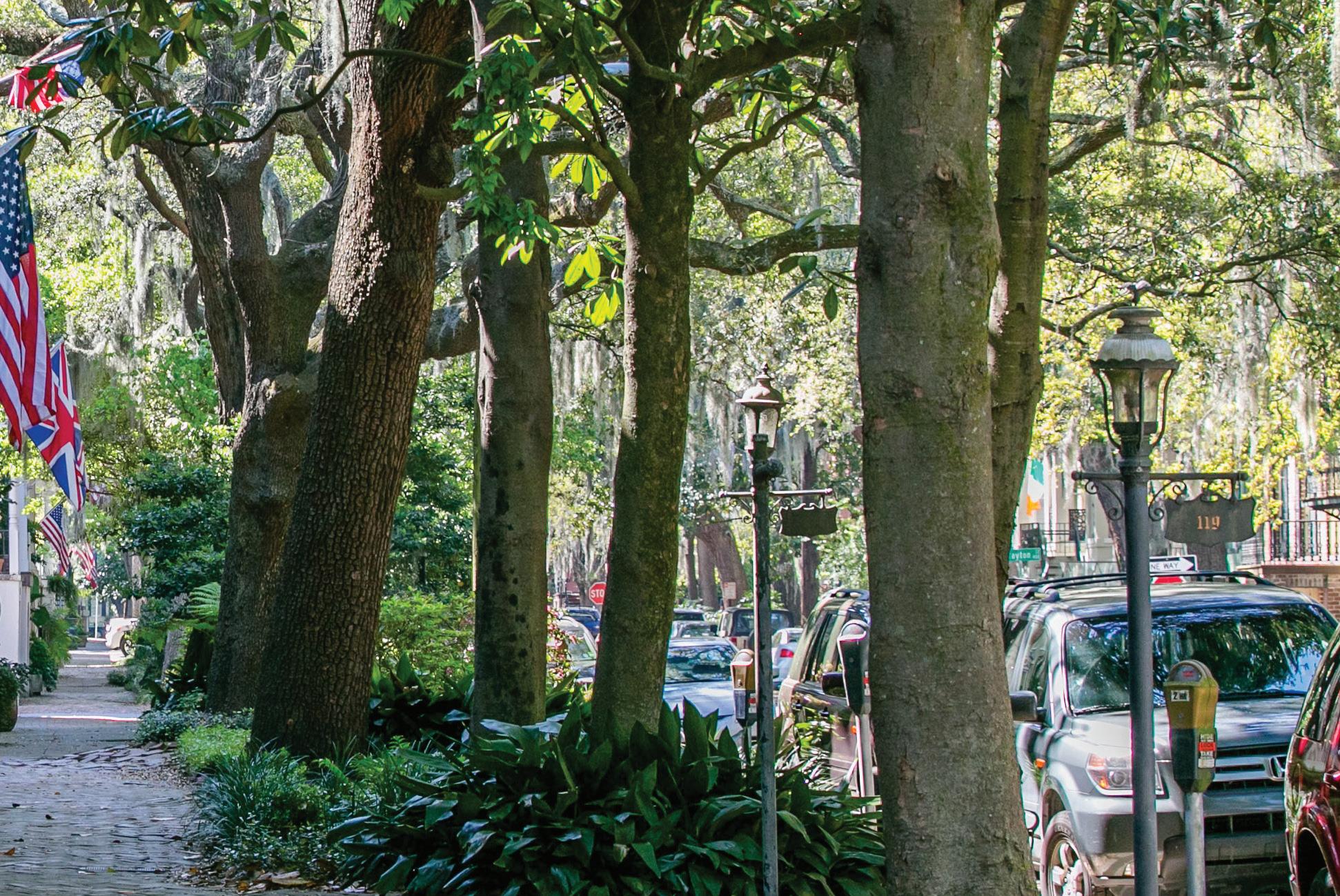
Community Impact
Resource Development
Individual Engagement
Operations & Executive Function
Steering Committee & Task Forces 10-13 13-17 17-19 20-21 22-23
Since our founding in Savannah in 1938, in response to the Great Depression, United Way of the Coastal Empire has been sustained, generation after generation, by the community for the community, to aid the people who live and work here, through all kinds of storms, at all stages of life. United Way provides leadership and infrastructure for responding to the critical needs of our region.
The organization’s positive impact in Bryan, Chatham, Effingham, and Liberty counties has been profound. In 2020 alone, United Way’s funded programs and services helped an estimated 200,000 people in our four-county area. Imagine impact like that -- touching more than one in three people -- year after year.
We are united by a vision of the community in which all people have the opportunity to reach their full potential and families thrive.
Mission
United Way of the Coastal Empire improves lives by mobilizing the caring power of our community.
The COVID-19 pandemic has heightened health and economic adversity in our community and shines a light on the importance of United Way’s mission and service. The needs of our region have never been greater, nor our leadership more important.
At the same time, United Ways across the country are experiencing declining revenue due to increased demand for donor choice and changes in workplace campaigns. In the Coastal Empire, mergers and acquisitions have decreased the

number of privately held businesses and local authority, adding to the negative force of change in traditional United Way fundraising model. While a review of our revenue data compared to other local United Ways in the southeastern United States indicates United Way of the Coastal Empire has been performing favorably, the need to evolve is clear. Every local United Way must modernize to continue our important work.
Looking forward, United Way will continue to meet the needs of our region with the support of dedicated volunteers, generous donors, and valuable community partners. It is from here that we begin our strategic planning for the future of the United Way of the Coastal Empire and the people we serve.
This strategic plan is ambitious. After an extensive strategic planning process engaging more than 400 community members representing all of United Way of the Coastal Empire’s constituencies, the organization is committing to building stronger, deeper, and wider community partnerships. We are elevating our commitment to equity. Through collective action, we seek to make measurable, lasting impact with clear goals and more intentional focus on Safety Net and Upward Mobility.


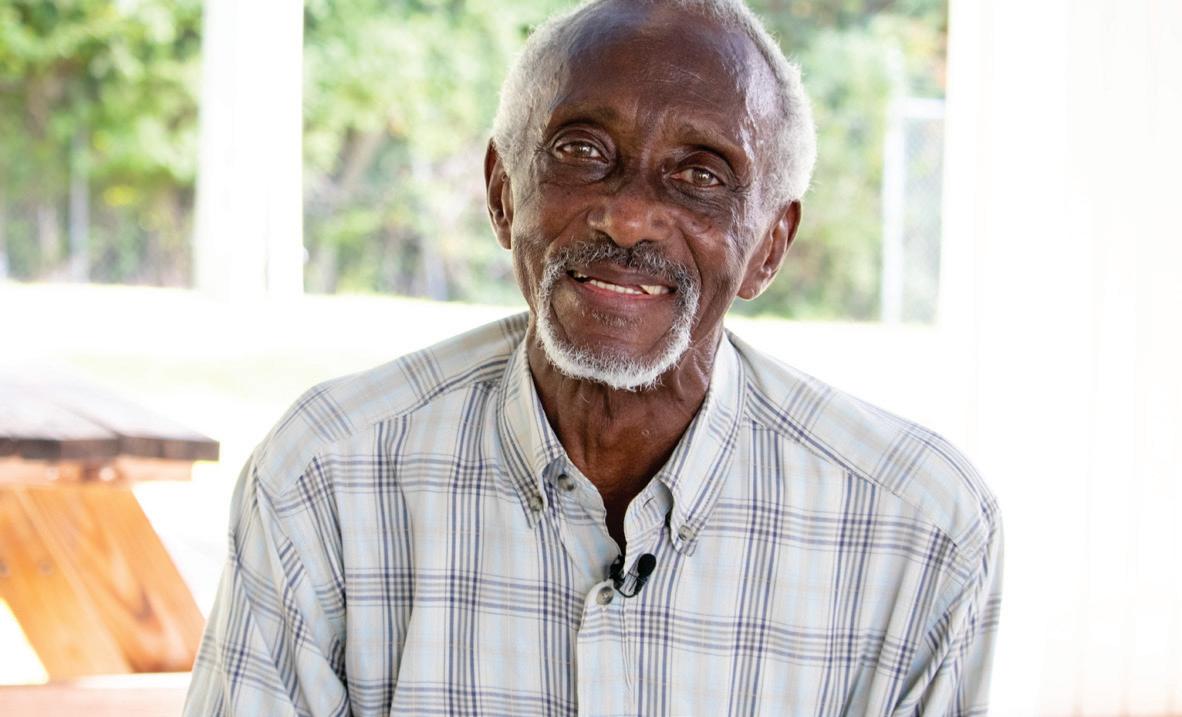

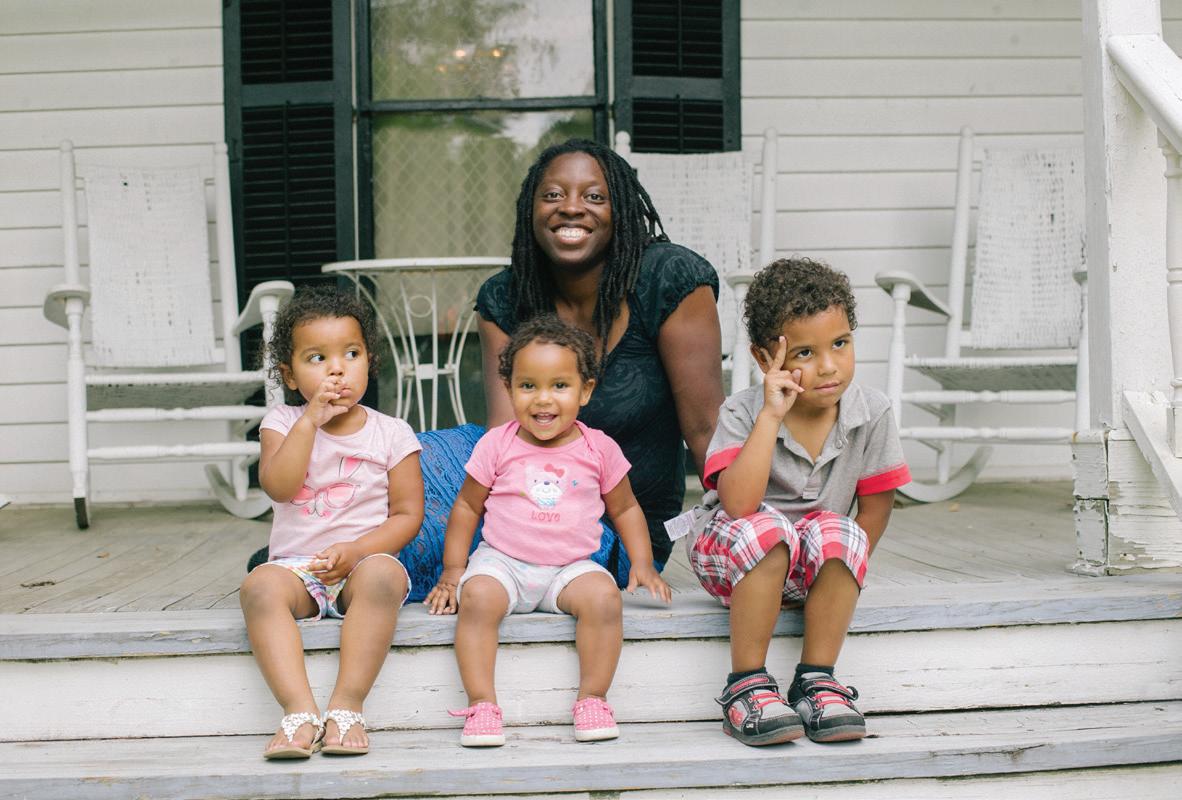
“We, as a community, help to provide a helping hand to those among us who in the future strive for a better life for themselves and for their families.”
Robert S. Jepson, Jr.
A committed supporter of United Way of the Coastal Empire, with a clear understanding of our mission, Mr. Jepson has long encouraged the organization to set strategic goals.
We raise money & awareness to: provide direct services where there are gaps advance volunteerism across the region support partner nonprofit organizations
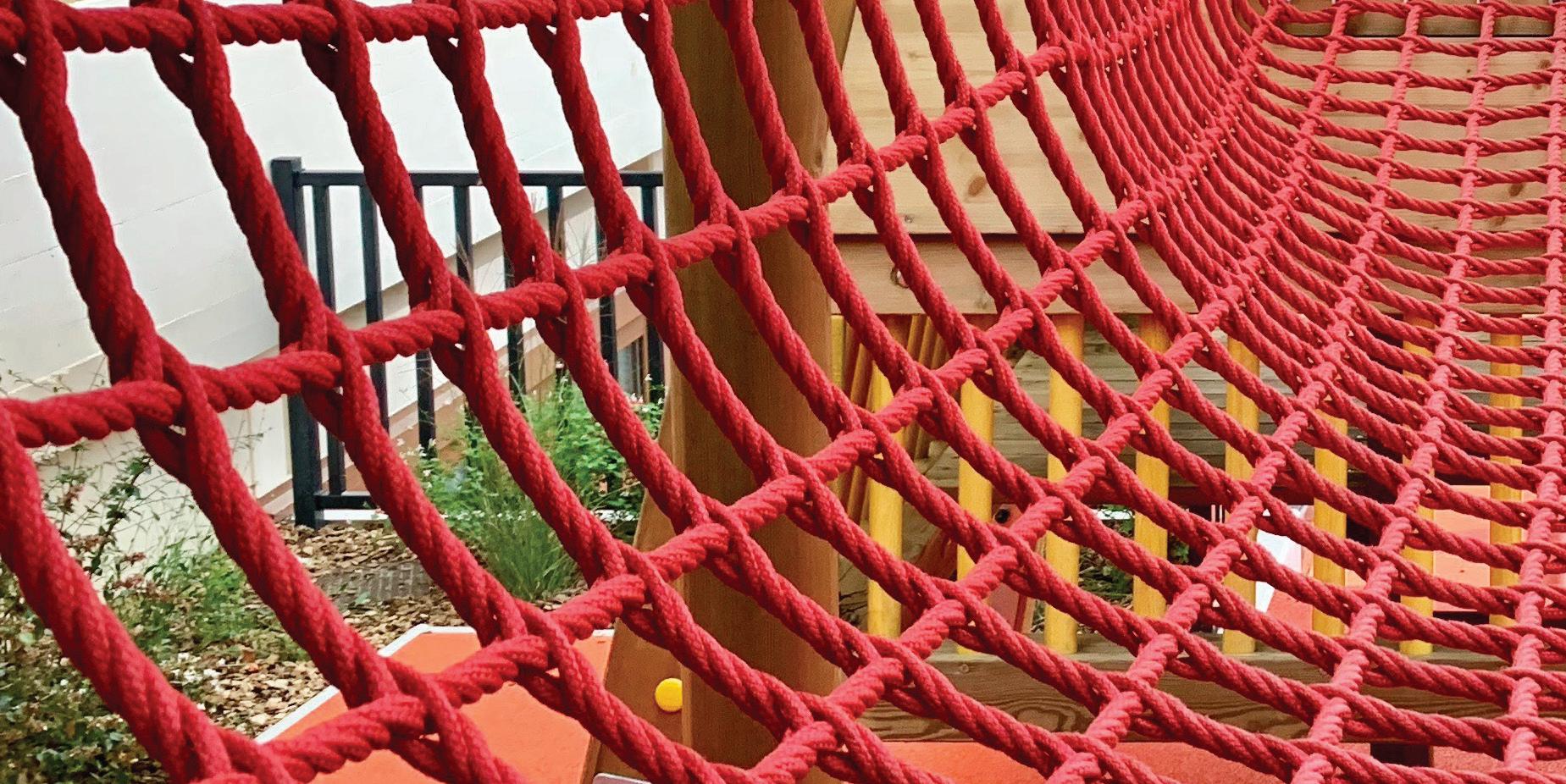
Our focus on Safety Net programs and services will continue our commitment to the most vulnerable in our community with emphasis on basic human needs such as food, shelter, health, and safety in addition to community disaster response. This is the historical core of United Way of the Coastal Empire’s mission.
Beyond that, we want to help all people to reach their full potential. This means providing pathways for Upward Mobility, with focus on the thousands of our neighbors who have been unable to get ahead, living one paycheck or one crisis away from devastation.
Approximately 120,000 people in our region are ALICE (Asset Limited Income Constrained Employed), meaning 27% of workers essential to our community’s success struggle to survive on what their jobs pay.
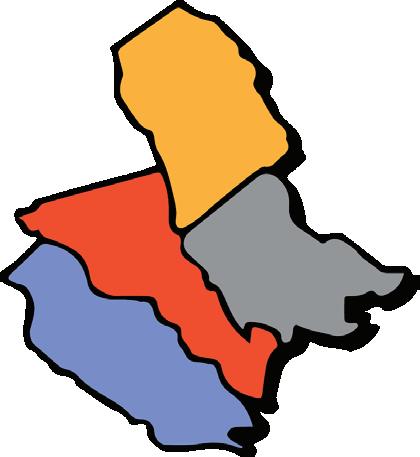
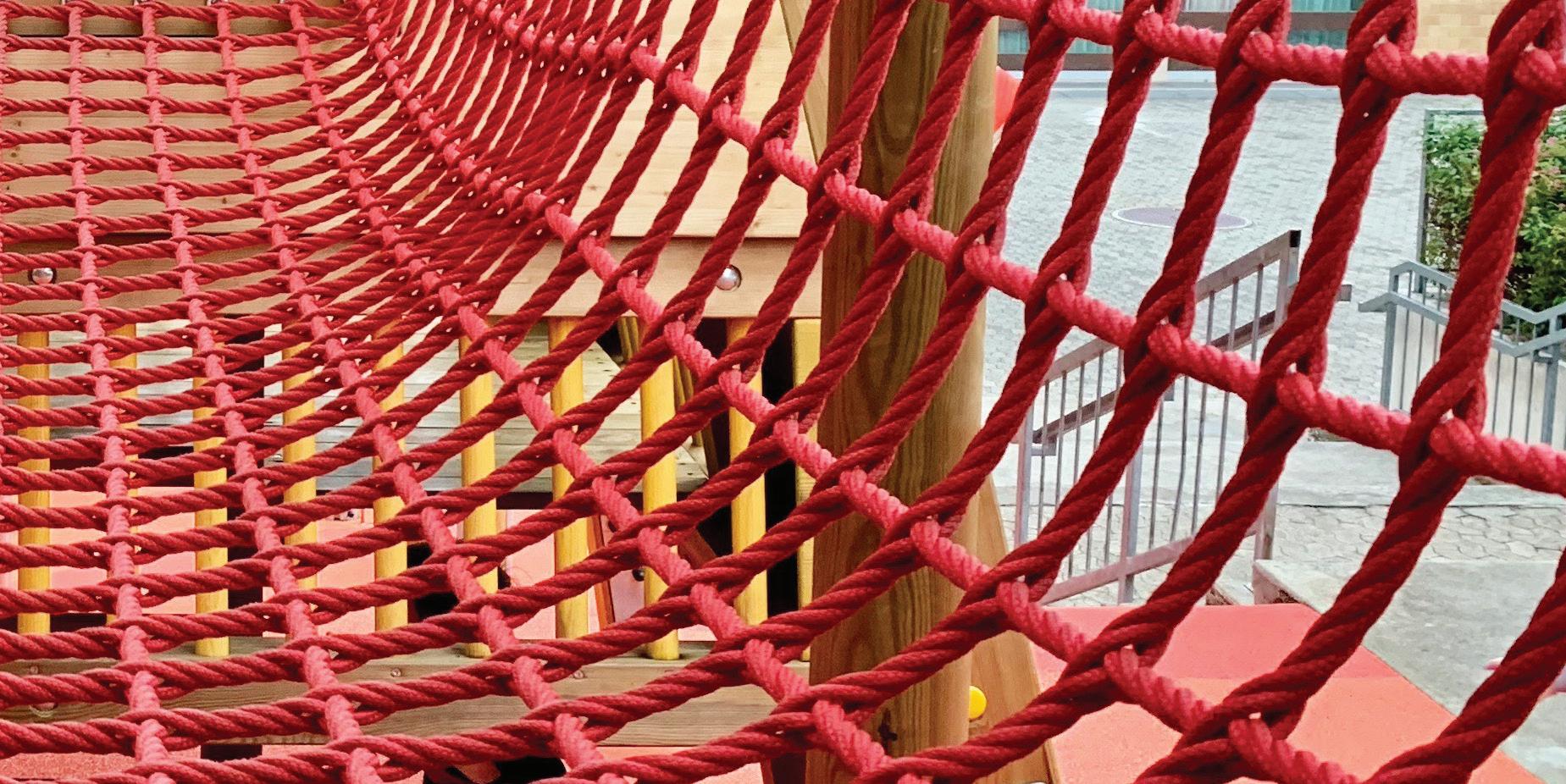
With Upward Mobility in mind, this plan recommends a more explicit focus to include goal-setting in four proposed areas: We intend to dedicate the necessary time and resources throughout Fiscal Year 2022 (July 1, 2021 - June 30, 2022) to research, analyze, and prioritize each of these candidate focus areas; engage subject matter experts; determine the most impactful, measurable goal; as well as necessary partners, revenue sources and internal staffing requirements and costs. These will be presented to the Board of Directors for approval and advancement as developed.
This community-focused plan will build partnerships across sectors to bring innovation, quality, and the determined measurable results to some of our region’s toughest problems. United Way will need the wisdom and will of key partners, as well as financial support and volunteer leadership from all caring citizens in the Coastal Empire. Living UNITED, we will strengthen the Coastal Empire region for our children and grandchildren. Quality, Affordable Childcare
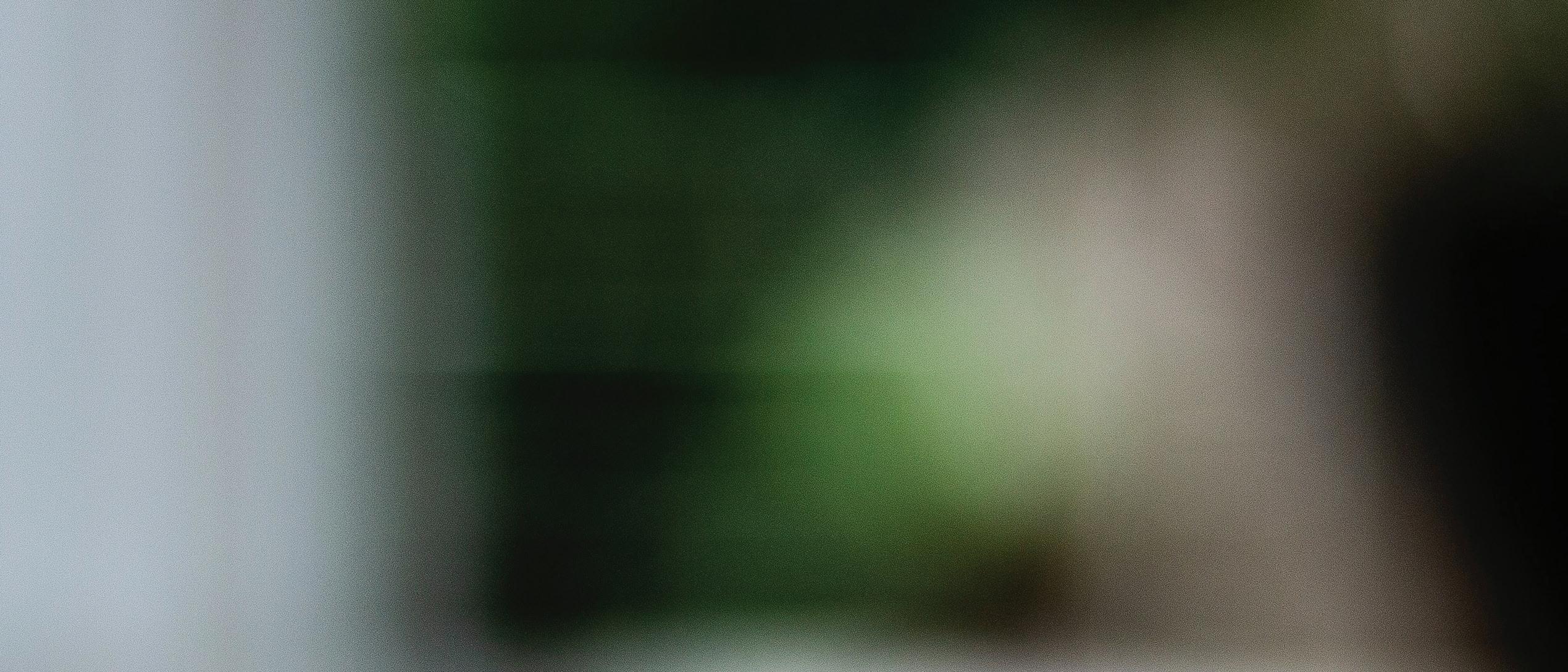
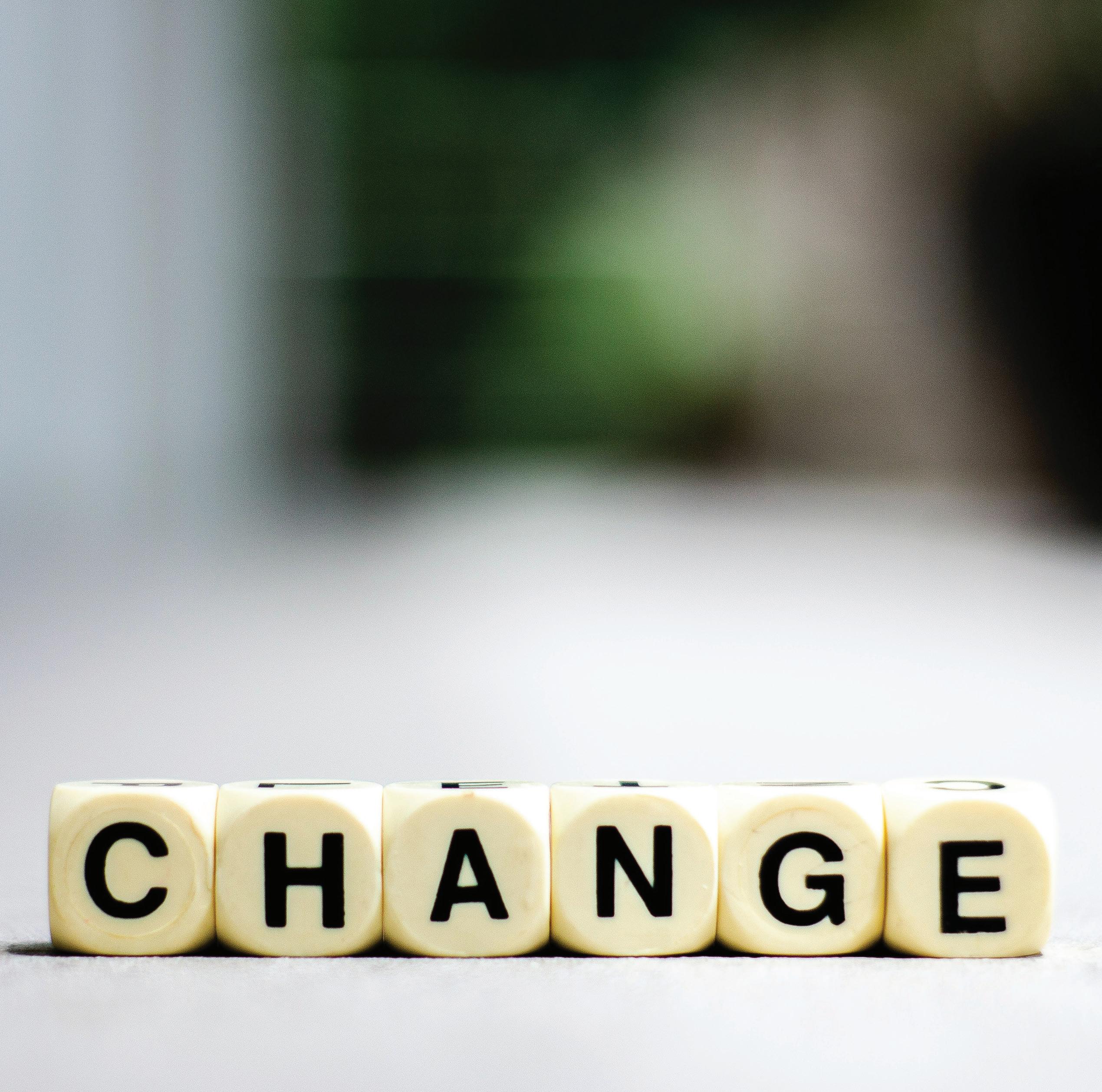
• Coordinate efforts through a new framework of Safety Net and Upward Mobility.
• Set bold goals and measure progress over years in addition to measuring program impact annually.
• Convene collective action coalitions around goals. United Way will lead some coalitions and will be a support to others.
• Diversify revenue and attract new money into the region by applying for grants related to collective action efforts.
• Advance professional advocacy efforts around goals.
• Prioritize diversity, equity, and inclusion in all our efforts.
• Raise funds, cultivate, and steward donors year-round while also continuing a highly visible community campaign during traditional United Way campaign months of September, October, and November.
• Celebrate both total annual revenue and total annual impact.
United Way will fund and support Safety Net and Upward Mobility programs and services, and community disaster response through:

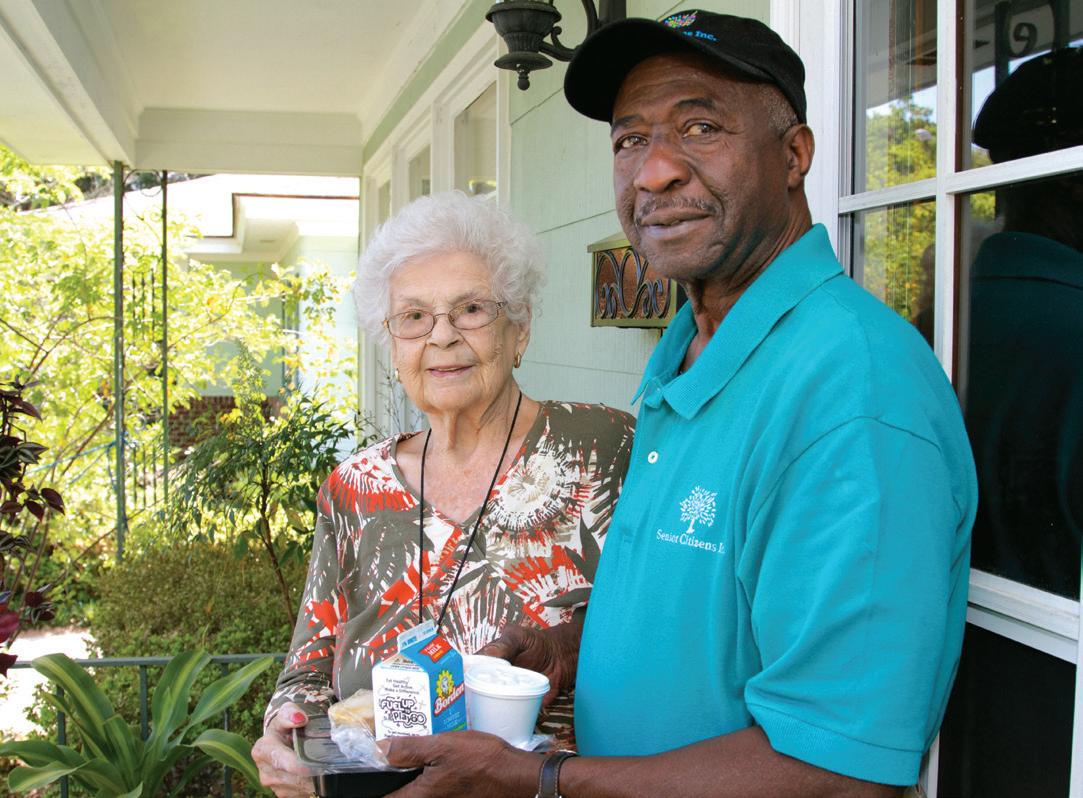
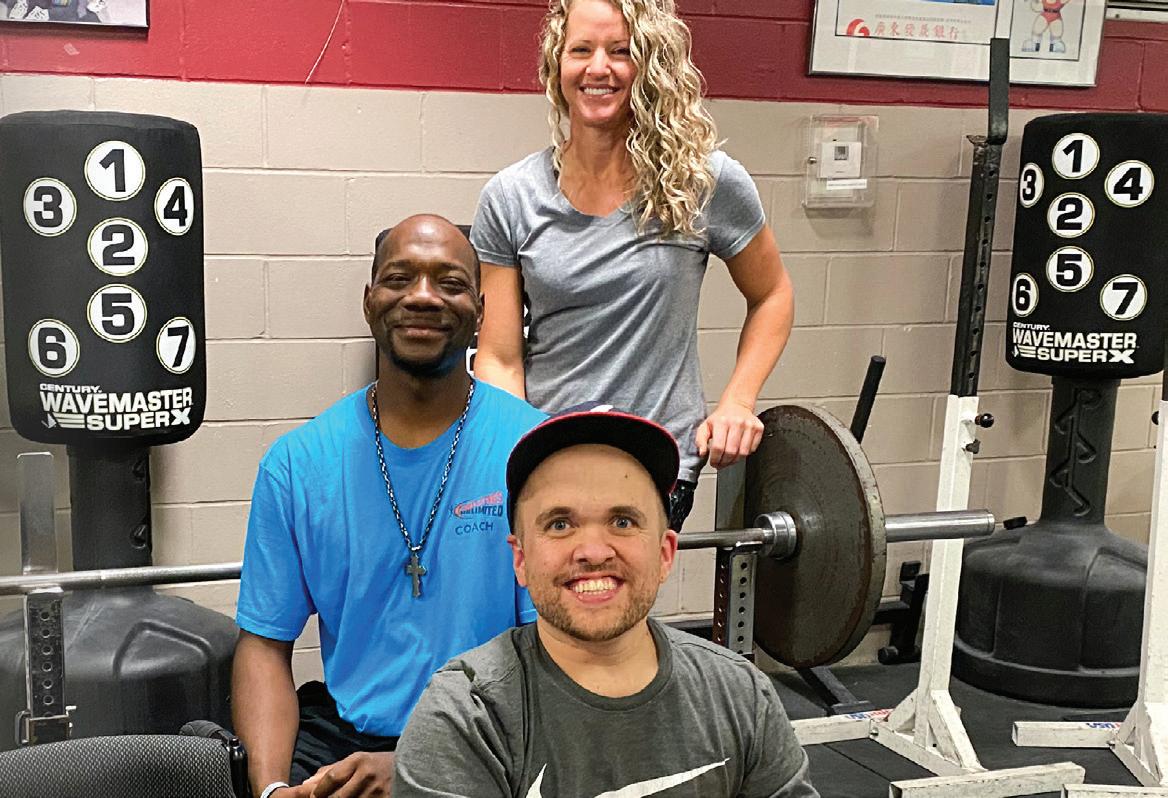
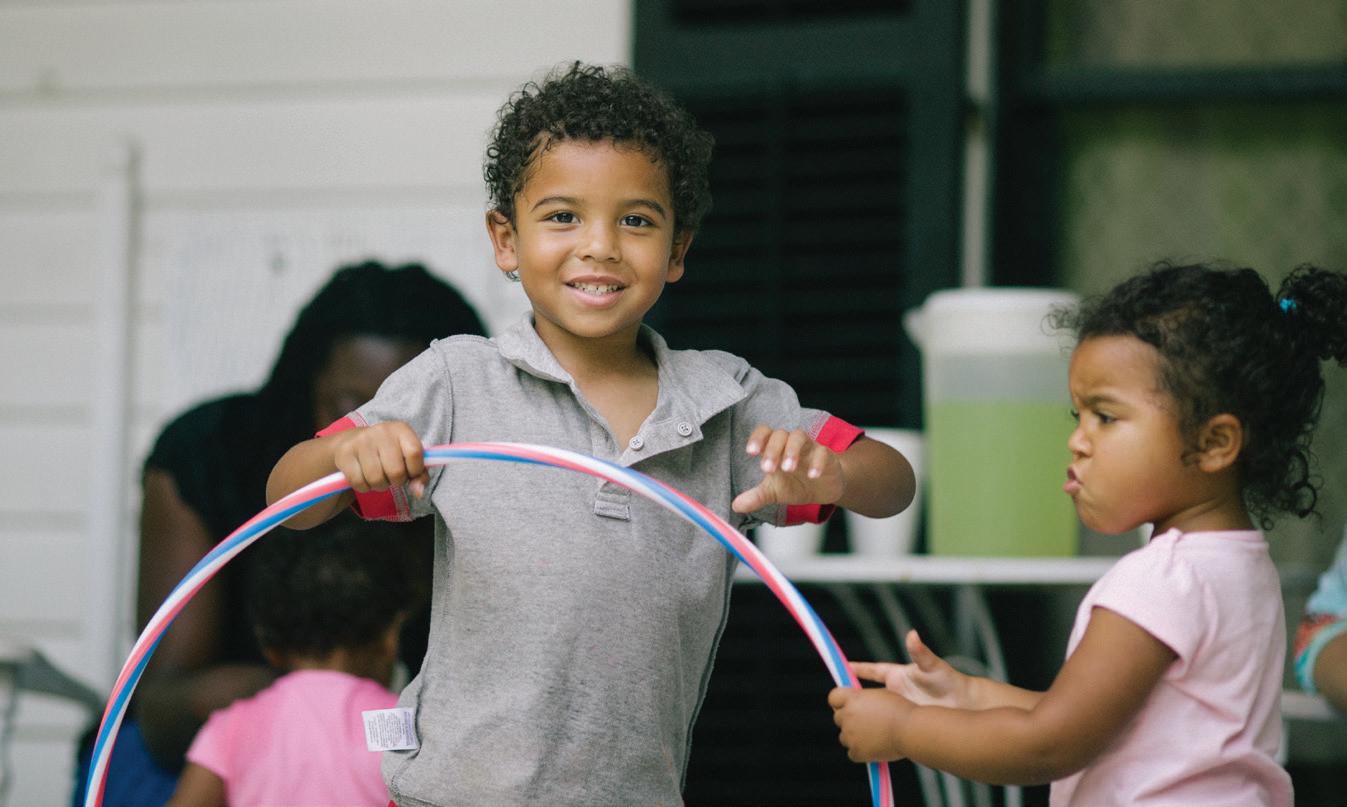
Building the capacity of nonprofit organizations and funded agency partners to reach their highest potential and deliver the greatest impact.
• Increase diversity in nonprofit trainers, increase training for small/grassroots nonprofit capacity-building needs.
• Support agencies in achieving more effective, diverse, equitable, and inclusive operations, governance, and impact.
Program grants reflecting a volunteerdriven, inclusive and impactful Community Investments strategy.
• Move toward a fully open and competitive investment process in 2022, review agency eligibility criteria, explore multiyear funding, and the creation of a small/ grassroots innovation grants fund.
• Explore mechanisms to support highimpact programs at small/grassroots agencies, including linkages to or provision of direct management services.
• Continue to increase diverse representation among Community Investment volunteers.
• Increase equity in agency capacity building and the investment process using United Way Worldwide diversity, equity, and inclusion requirements as guidance.
• Develop a leadership/professional development cohort for nonprofit Executive Directors of color.
Direct Services providing equitable delivery of information and resources.
• Continue the development of the 211 Information and Referral Call Center.
• Support the development of a Community Information Exchange in partnership with Chatham County and other stakeholders.
• Continue to support people of Bryan, Effingham, and Liberty counties through our regional service centers.
• Advance and expand regional collaborative partnerships to include emergency management agencies.
• Increase partnerships in the United Way case management/data platform.
Provide a rapid response in times of exceptional need (e.g., hurricane, COVID-19).
• Maintain and develop infrastructure to meet emerging needs in times of disaster by raising and distributing funds with critical partners.
Work with current and new community partners to build collective action coalitions or participate in existing ones to generate measurable results
Advance advocacy around Bold Goals
We will focus on the following areas for further development and specific goal-setting over the next 6-12 months:
The vision for this work is inspired by a seminal article published in The Stanford Social Innovation Review (Winter 2011) called Collective Impact. This article states, “large-scale social change requires broad cross-sector coordination, yet the social sector remains focused on the isolated intervention of individual organizations.”
Attract grant funding

• Quality, Affordable Childcare
• Ready & Resilient Workforce
• Financially Empowered Families
• Safe & Stable Housing
United Way of the Coastal Empire has deep partnerships with local organizations such as regional municipal and county governments, development authorities, and school systems. Looking forward, United Way will lead or join a collective impact approach defined as “longterm commitments by a group of important
actors from different sectors to a common agenda for solving a specific social problem. Their actions are supported by a shared measurement system, mutually reinforcing activities, ongoing communication, and are staffed by an independent backbone organization.”
According to community surveys, conversations, and interviews with community leaders, United Way is uniquely situated to gather regional partners and develop focused goals and related plans that will have measurable and long-term benefits for our region. The plan will be implemented and partnerships developed around commitments to communicate and collaborate regularly. We will align goals and clarify roles to guard against duplication and competition. It is important to note that while United Way will endeavor to bring about meaningful systemic change in chosen areas of focus, the organization will develop goals that the United Way itself can influence directly.
All tools and strategies for collective action and community impact will be utilized to include our traditional program grant awards as well as seeking collaborative grant opportunities to attract new sources of investment into the region. United Way will expand current partnerships and seek new ones determined to be most effective toward advancing these goals. United Way will develop a plan for public advocacy and strategically pursue action to support the established goals as leadership deems appropriate.
United Way will be the premier community partner for corporate social responsibility.
United Way will serve as the premier community partner throughout the year for businesses with shared corporate social responsibility goals. Increasingly companies view choice as a vital component of workplace giving.
To retain existing support and grow new engagement across our four counties, United Way will offer:
Custom campaign planning and tools such as branded online giving pages and keywords.
Personalized volunteer engagement opportunities for individuals and teams, including skills-based volunteer opportunities.
Employee development through community leadership training and engagement opportunities.
Focused outreach for top executives to join leadership giving societies.
Regular impact reporting aligned with corporate priorities that highlight United Way.
United Way will increase leadership giving by stewarding existing donors and strengthening a pipeline for new donors at both the Tocqueville and Beacon Society level.
United Way will focus on stewardship and cultivation among our top donors to increase Community Fund gifts. With more personalized engagement, we will build a pipeline for future growth, moving 10% of current leadership donors to higher giving levels.

2020 Tocqueville TOCQUEVILLE SOCIETY
Aims to grow $150,000 to raise Community Fund gifts by over the next three years
MEMBERS RAISED $2,340,000
In 2020, more Tocqueville donors gave directly to support United Way’s work through the Community Fund. External designations were made by 14 donors and accounted for 33% of total Tocqueville gifts. United Way will continue to process donor gifts, at no fee, as a concierge service to these exceptional givers.

Aims to increase giving among its more than & recruit new members
More than of membership is currently within the first level of giving
3/4
By targeting executives within workplace giving campaigns we will build a pipeline for increased giving and a path to higher levels. We will explore step-up programs for donors with Tocqueville potential.
Best practices in philanthropy indicate that donors who have given for 10 years to an organization and/or give at a significant level are open to discussions regarding a planned gift. The evidence is that planned gifts do not take away from a donor’s current giving to an organization and, in fact, often bring the donor closer to the organization because of their long-term commitment.
Fiscal year 2022 will be a year of planning led by a small, ad-hoc board committee. Based on this feasibility work, a planned gift effort would be fully launched in fiscal 2023.
Explore a legacy Tocqueville program whereby donors permanently underwrite current Tocqueville gifts through planned giving.

Aligned with our collective impact goals, we seek to diversify fundraising efforts through government grants, national foundation and corporate appeals, and transformational gifts to support United Way’s framework for Safety Net and Upward Mobility.
To better demonstrate the overall annual impact, we will transition the community campaign victory to align with the annual meeting where fundraising from the campaign, grants, special projects, and other sources will be reported and celebrated.
As the work evolves, we envision 10% total revenue may be secured outside of individual and workplace giving efforts.
United Way will optimize internal donor operations to maximize retention and efficiency.
Partner with Operations and Marketing to:
• Utilize new data systems to enhance donor operations and experience. A more personalized experience will lead to United Way goals and internal programs as the best choice.
• Partner in revenue forecasting, in anticipation of more volatile and complex revenue streams.
United Way will support the framework of Safety Net and Upward Mobility by developing and implementing volunteer events and small group opportunities that support corporate partners, agencies, and community needs.
Five anchor volunteer events will include corporate donors as volunteers or sponsors, provide value for currently funded partner agencies, and connect with regional service centers:
• MLK Day of Service
• National Volunteer Month
• United Way Day of Action
• United Way Turkey Trot
• Read United
In partnership with Resource Development, maintain and build strong volunteer partnerships with corporate partners.
• Customized volunteer planning
• Encourage volunteerism as a connection to local needs
Support all nonprofit agencies in the Coastal Empire region through our volunteer services platform.
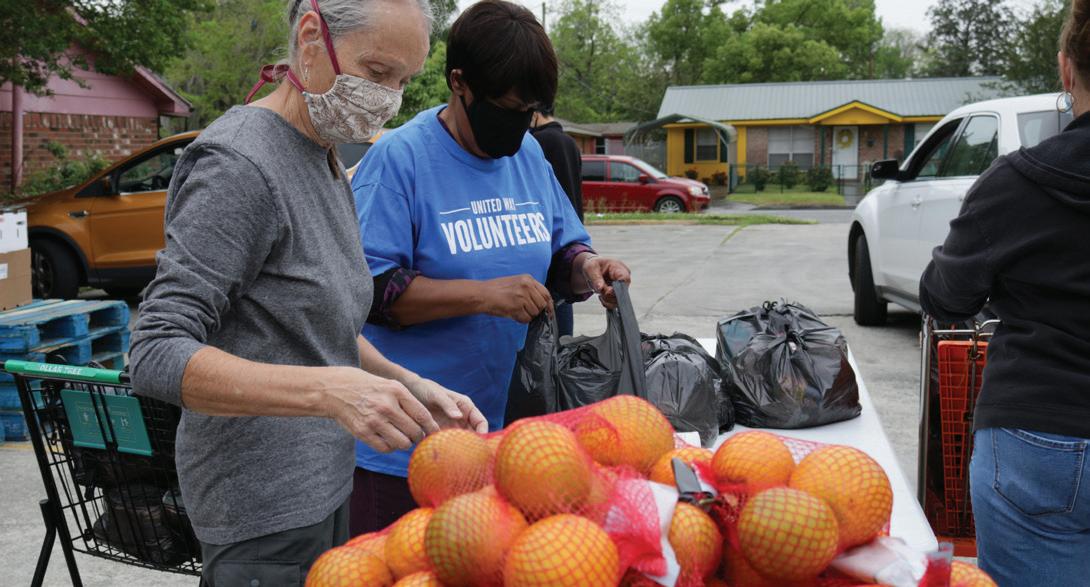
United Way will build the brand and reputation of the organization through best-in-class marketing and communications connected to measurable engagement and fundraising goals.
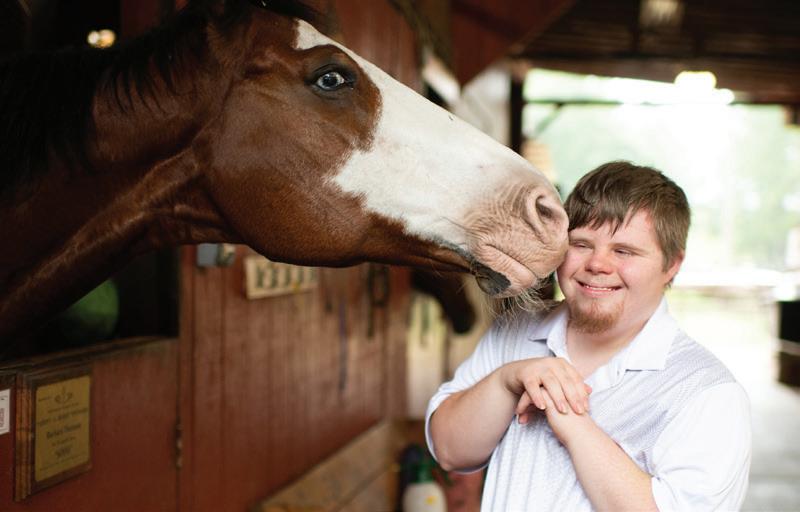


Maintain and build brand and community awareness using
and our framework of Safety Net and Upward Mobility.
• Use United Way Worldwide’s marketing and digital services toolkits to enhance our brand and increase individual engagement.
• Develop messaging and content to advance the strategic initiatives.
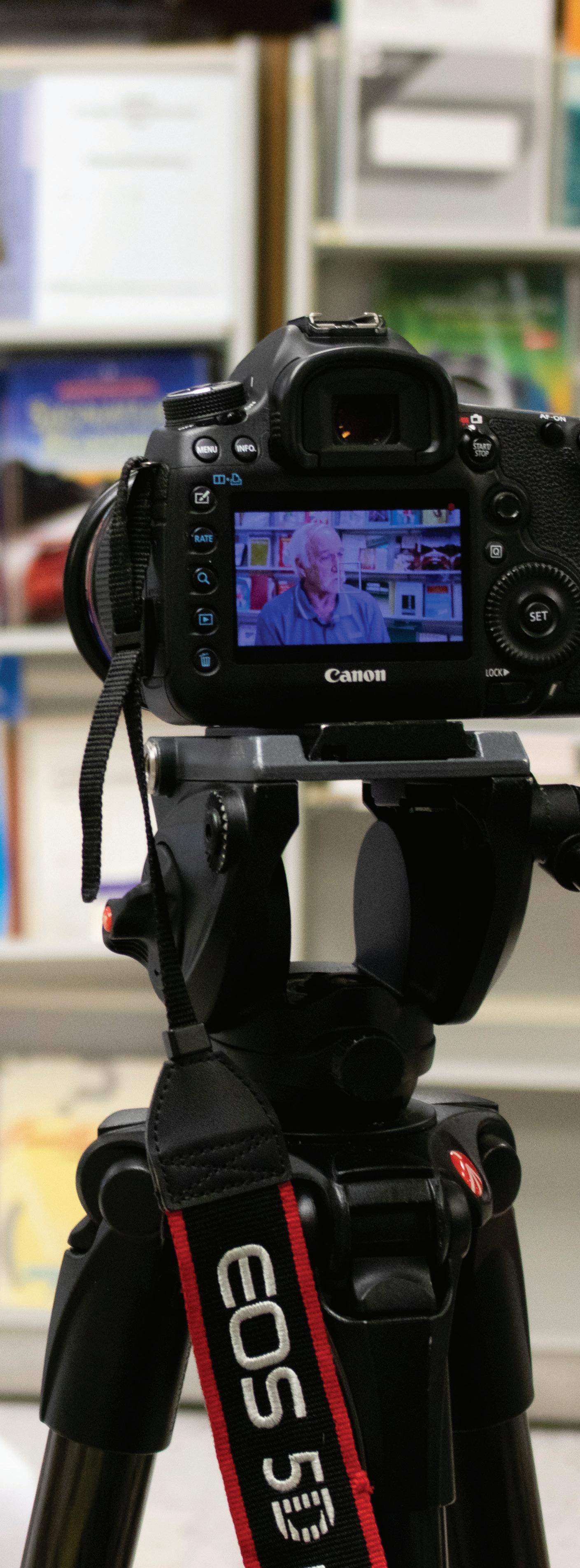
In partnership with Resource Development, reimagine and increase impact at United Way donor stewardship and campaign events.
Strengthen the organization’s year-round visibility in all media channels.
• Strengthen local media partnerships with a goal of 700+ media mentions annually, probono print ads, public service announcements, and other promotional materials.
Increase digital marketing efforts to reach, engage, and connect with supporters; build brand awareness, and raise funds.

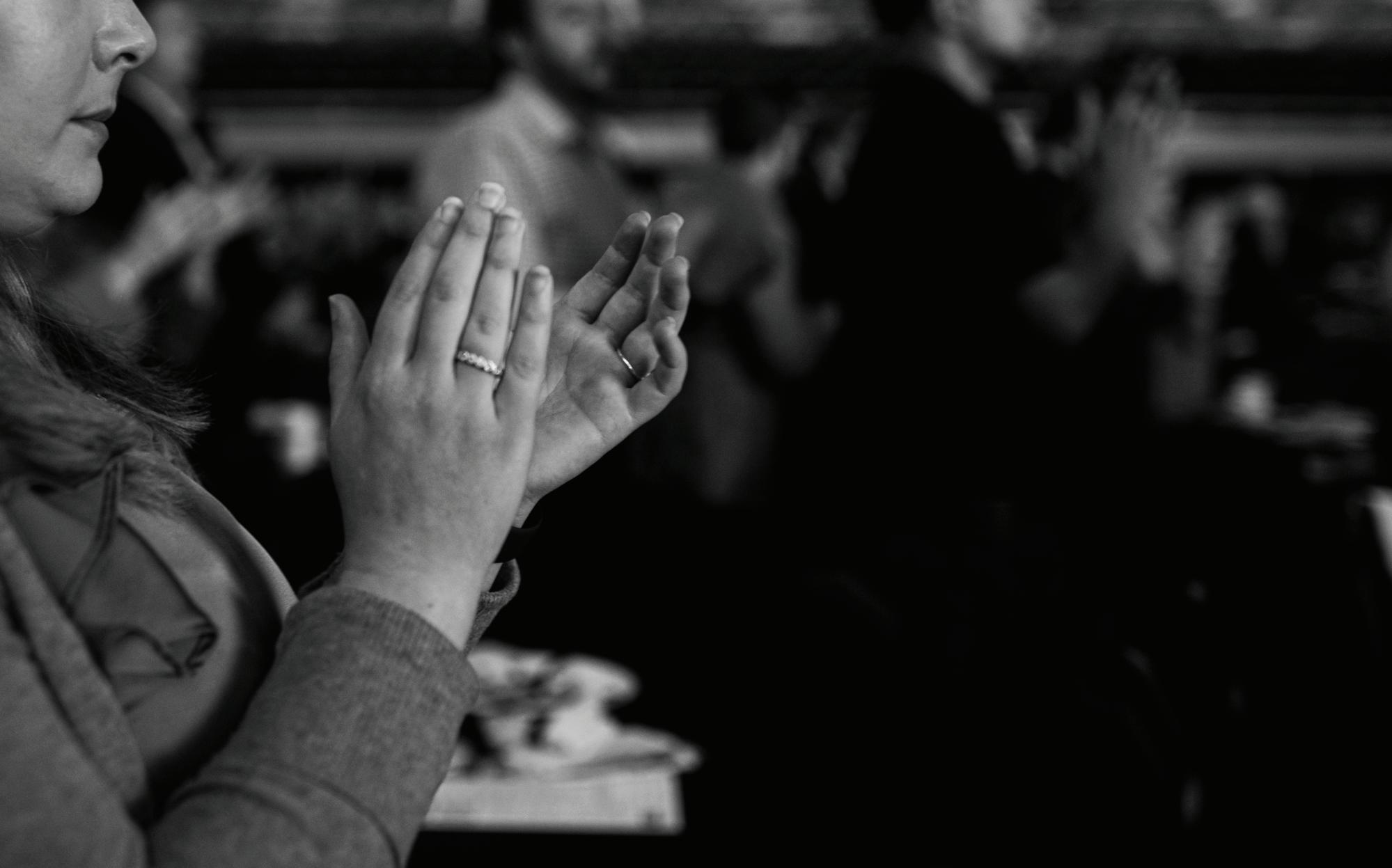
• Send bi-weekly e-newsletter with a target open rate of 15% - 20% annually.
• Organize fundraising efforts throughout the year. National 211 Day Women United Turkey Trot
Read United End of Year Giving
Assure best-in-class management of United Way finances and real estate assets.
• Ensure financial accountability and transparency while safeguarding organizational assets and operating as stewards of the donor dollar.
• Ensure compliance with government regulations and United Way Worldwide standards, including annual independent audit.
• Maintain strong internal controls.
• Align organizational resources to support our mission and achieve desired goals and objectives.

Cultivate
a diverse and talented team, providing growth opportunities for all. 10
• Recruit and retain diverse talent.
• Develop and support career paths for all staff members.
• Advance a culture of flexibility that supports the growth of the organization and fosters personal connection among its team members.
• Align organizational structure to support the implementation of the strategic plan.
• Develop an annual training plan for staff and volunteers on important topics such as equity, diversity, and harassment in the workplace.


Improve United Way technology to create effective and efficient workplace operations and financial, donor, and data systems.
• Explore and implement a new CRM system.
• Review all technology plans annually, including risk assessment and vendor review.
• Provide adequate training and support for staff on all systems.

Ensure effective board governance to maintain trust and standards of excellence.
• Maintain effective and efficient board, executive committee, and county advisory board structures, meeting schedules, and divisions of responsibilities.
• Develop consistent use of committee structure, per the bylaws, to prepare substantive recommendations for board consideration.
• Review bylaws and board policies to ensure compliance with United Way Worldwide membership requirements.
• Conduct bi-annual survey of boards.
• Recruit diverse and mission-oriented leaders for boards and campaign leadership to serve as ambassadors and community representatives on behalf of United Way throughout the region.
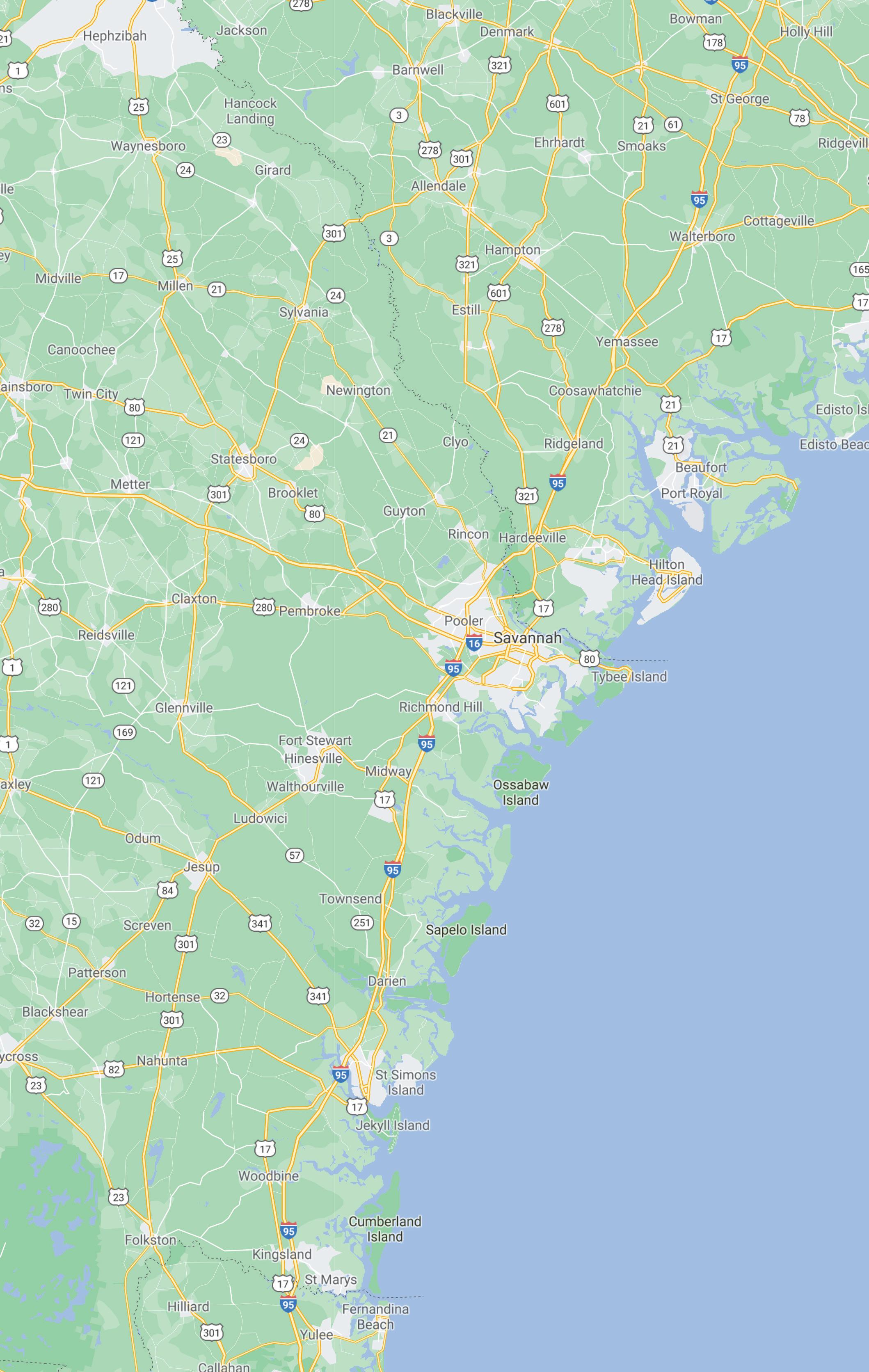
Kay Ford, BankSouth, Co-Chair
Ken Rabitsch, Synovus, Co-Chair
Larry Silbermann, WTOC-TV, Board Chair
Mark Bennett, Gulfstream Aerospace
Katrina Bostick, Family Promise of the Coastal Empire & United Way Agency Executive Council
Ryan Chandler, Colonial Group
Jill Cheeks, The Mediation Center & United Way Agency Executive Council
Judge Lisa Colbert, Chatham County Superior Court
Christian Demere, Colonial Group
Yancy Ford, Effingham County Schools
Catherine Grant, ExperCare Urgent Care, Bryan County
Susan Hancock, Abshire Public Relations
Michael Kaigler, Chatham County
Sam McCachern, Thomas & Hutton
Jamie McCurry, Georgia Ports Authority
Jay Neely, Gulfstream Aerospace
Jeff O’Connor, First Citizens Bank
David Paddison, Sterling Seacrest Partners
Melissa Carter Ray, State Farm, Liberty County
Austin Sullivan, General Mills (Retired)
Trip Tollison, Savannah Economic Development Authority
Judge Derek White, Chatham County State Court
Taffanye Young, City of Savannah
Sarah Caruso, Consultant
Brynn Grant, Staff Lead
Community Impact Task Force
Tim Morrissey, WJCL Hearst Television (Retired), Chair
Lily Baker, Liberty County Board of Education
Del Bharath, Savannah State University
Leia Dedic, Savannah Economic Development Authority
Fitz Haile, Community Volunteer
Glenn Hull, City of Savannah
Tara Jennings, Chatham County
Stephanie Jones Heath, Diversity Health
Jeff Kole, Kole Management
Dr. Sandra Nethels, Effingham County Board of Education
Jeff O’Connor, First Citizens Bank
Lizann Roberts, Coastal Georgia Indicators Coalition
Audrey Singleton, Community Volunteer
Austin Sullivan, General Mills (Retired)
Dr. Mike Toma, Georgia Southern University
Margaret Williams, City of Savannah
Melanie Wilson, Metropolitan Planning Commission
Jennifer Darsey, Staff Lead
Jennifer Messner, Staff Lead
Susan Hancock, Abshire Public Relations, Chair
Alessandra Carno, Gulfstream Aerospace
LeAndrea Mikell, Savannah State University
Erina Tandy, SCAD
Lisa Clark, Staff Lead
Jennifer Darsey, Staff Lead
Resource Development Task Force
Chief Terry Enoch, SCCPSS Board of Education, Co-Chair
Cecilia Russo Turner, Cecilia Russo Marketing, Co-Chair
Lynn Brennan, US Customs Border & Protection (Retired)
Dr. Joe Buck, SCCPSS Board of Education
Robert Cooper, Community Volunteer
Fitz Haile, Community Volunteer
Susan Hancock, Abshire Public Relations
Sam McCachern, Thomas & Hutton
John Picker, Community Volunteer
Steve Pound, St. Joseph’s Candler Health System
Ryan Sewell, Sterling Seacrest Partners
Kim Tanner, Staff Lead

Operations Task Force
Toby Moreau, BB&T (Retired), Chair
Charlie Cortese, Community Volunteer
Hilary Shipley, Colliers International
Marian Smith, Strategic Real Estate Consultant & Broker
Travis Stringer, The Foram Group
Renee Fabrikant, Staff Lead
Brynn Grant, Staff Lead
Mandy Parsons, Staff Lead
Race, Equity, and Opportunity Committee
Katrina Bostick, Family Promise of the Coastal Empire & United Way Agency Executive Council, Co-Chair
Austin Sullivan, General Mills (Retired), Co-Chair
Kimberly Ballard-Washington, Savannah State University
Dr. Bertice Berry, Author/Lecturer
Ryan Chandler, Colonial Group
Bill Haile, SunTrust (Retired)
Larry Silbermann, WTOC-TV
Pastor Ricky Temple, Overcoming by Faith
Brynn Grant, Staff Lead
Jennifer Messner, Staff Lead